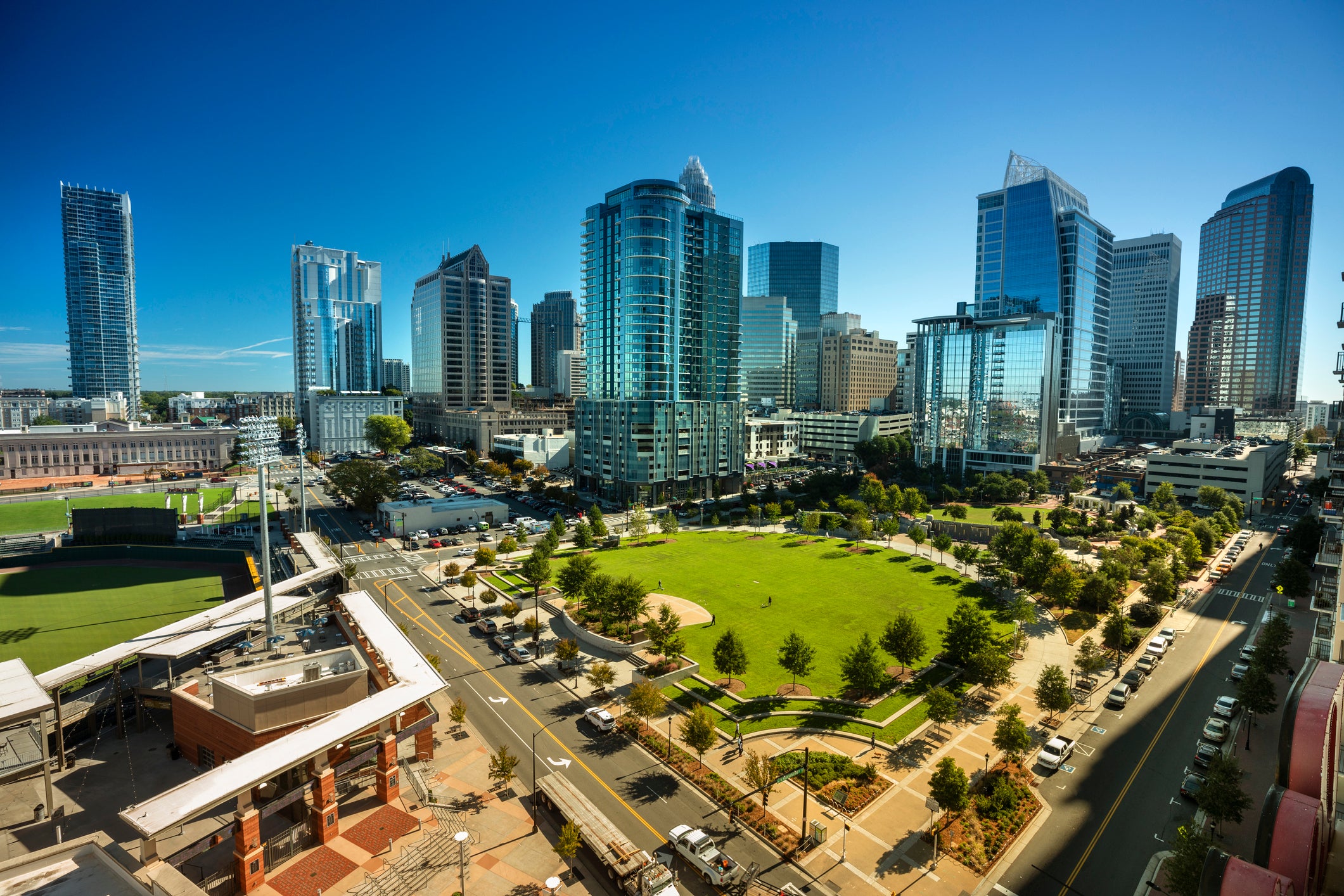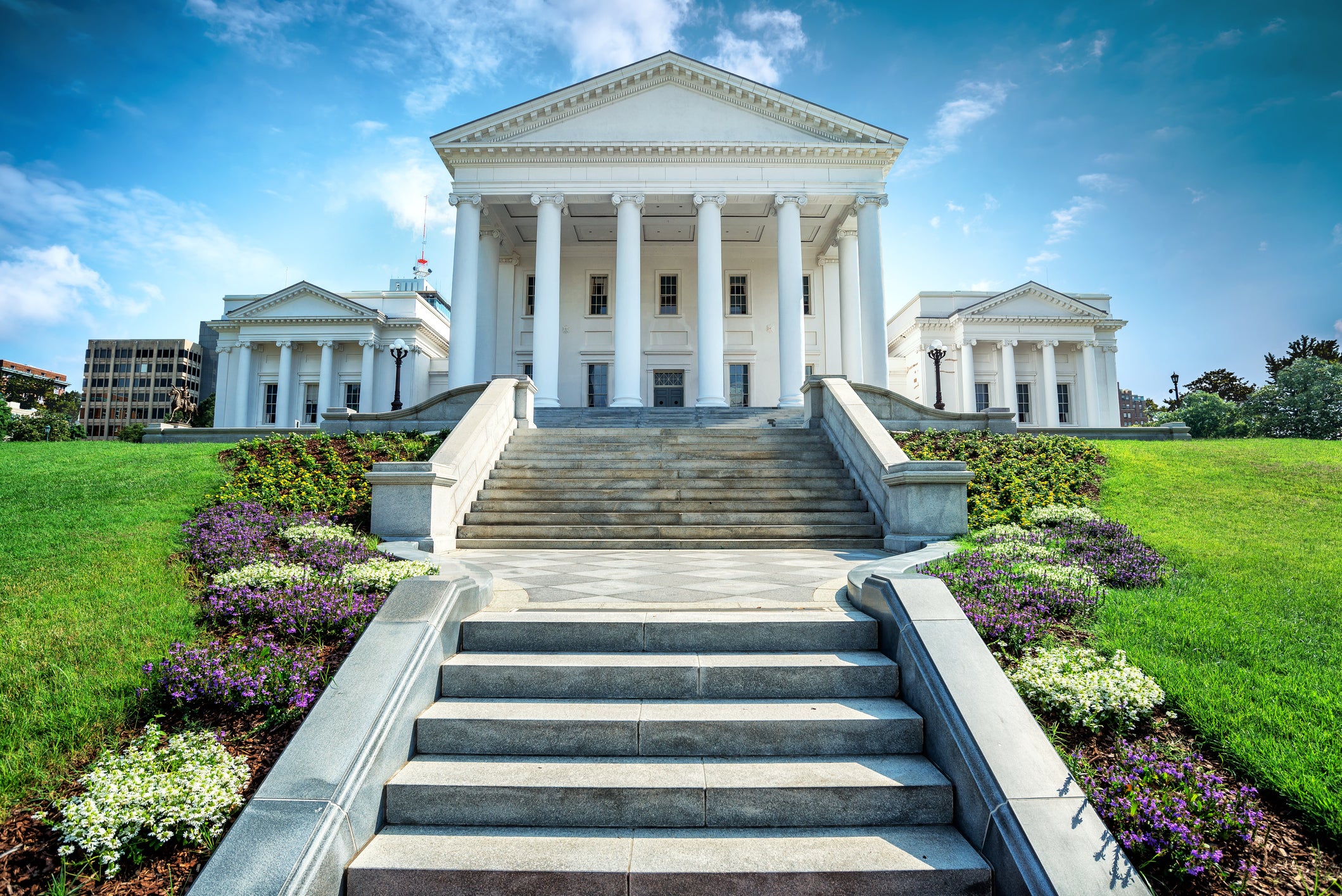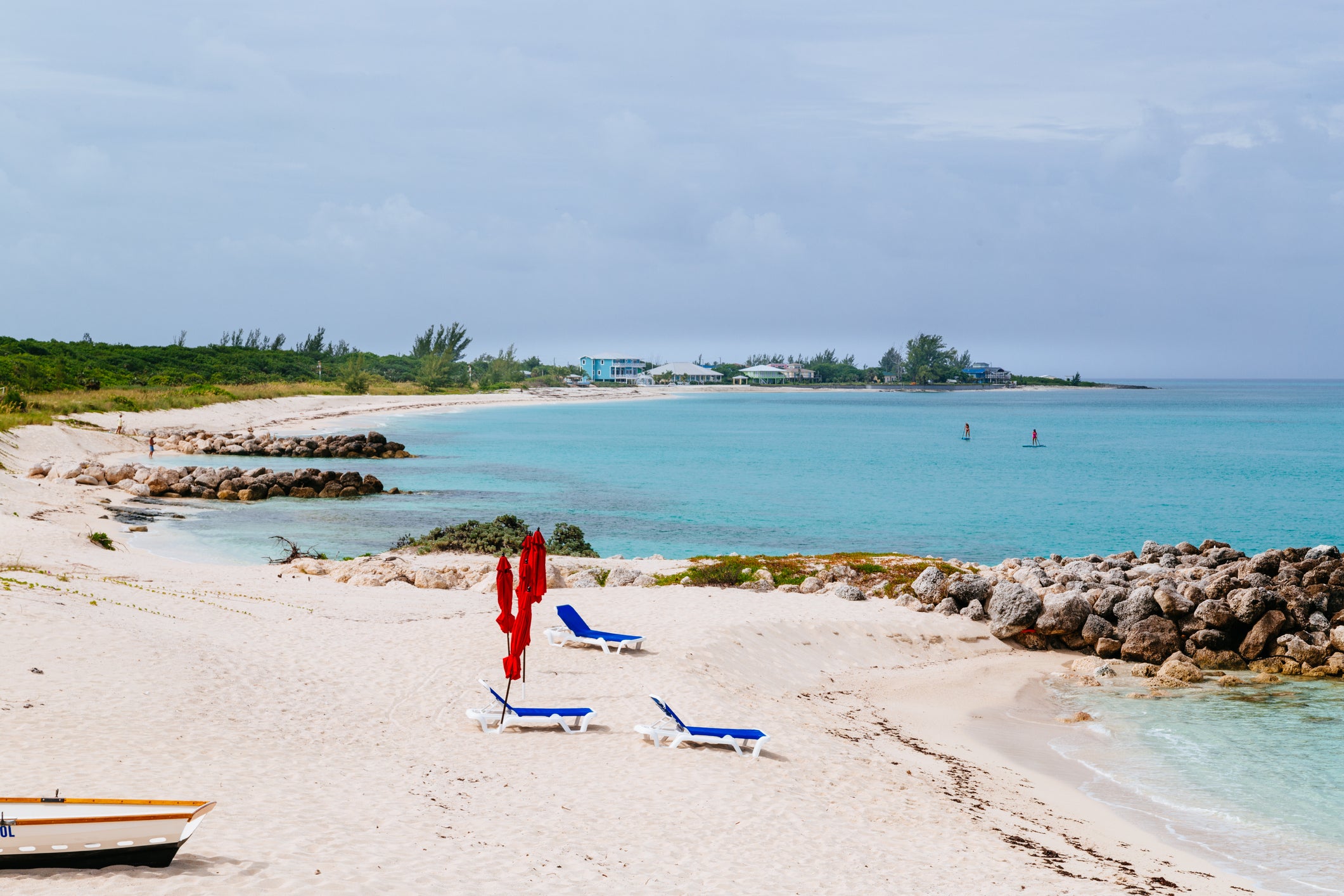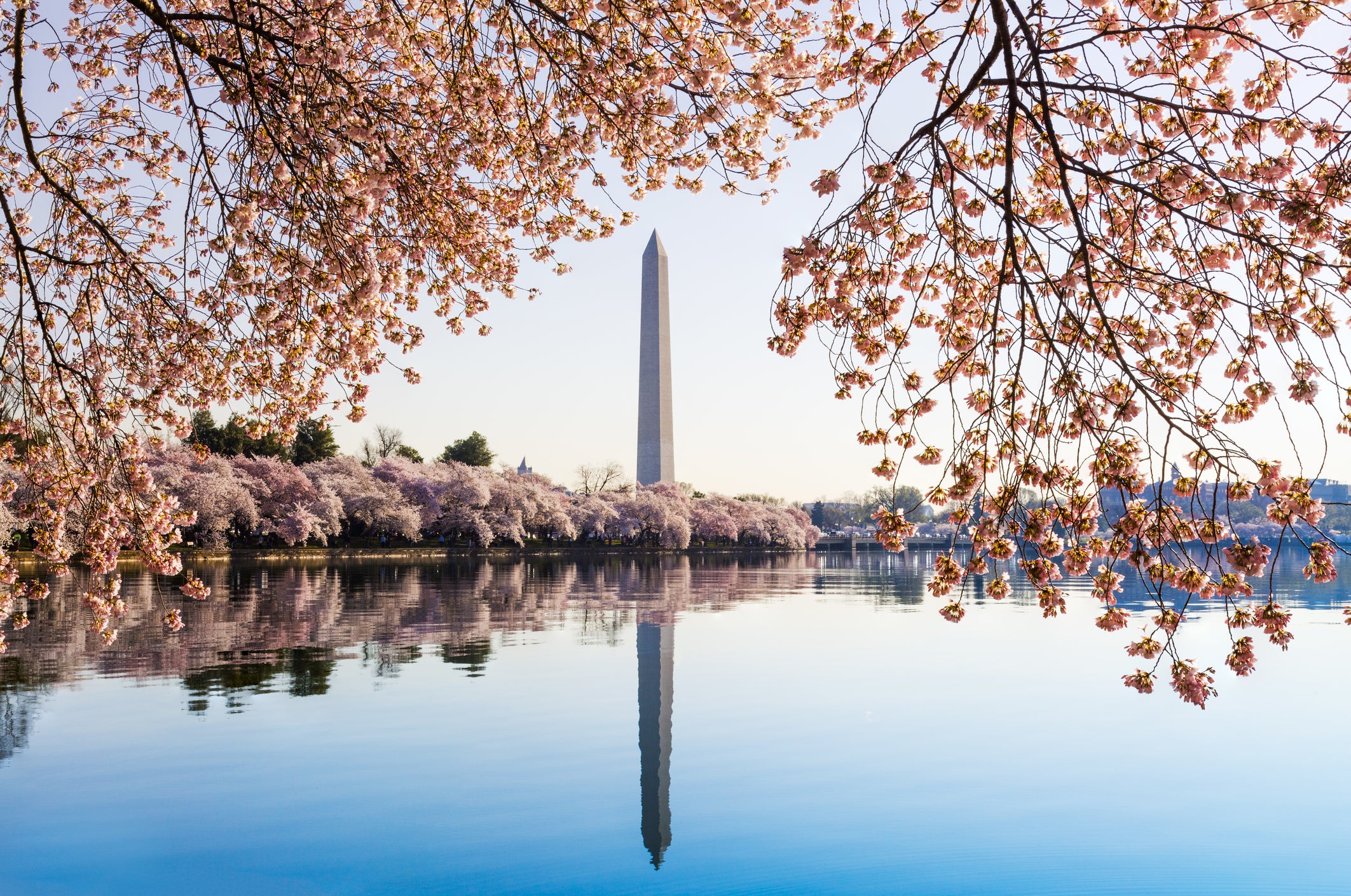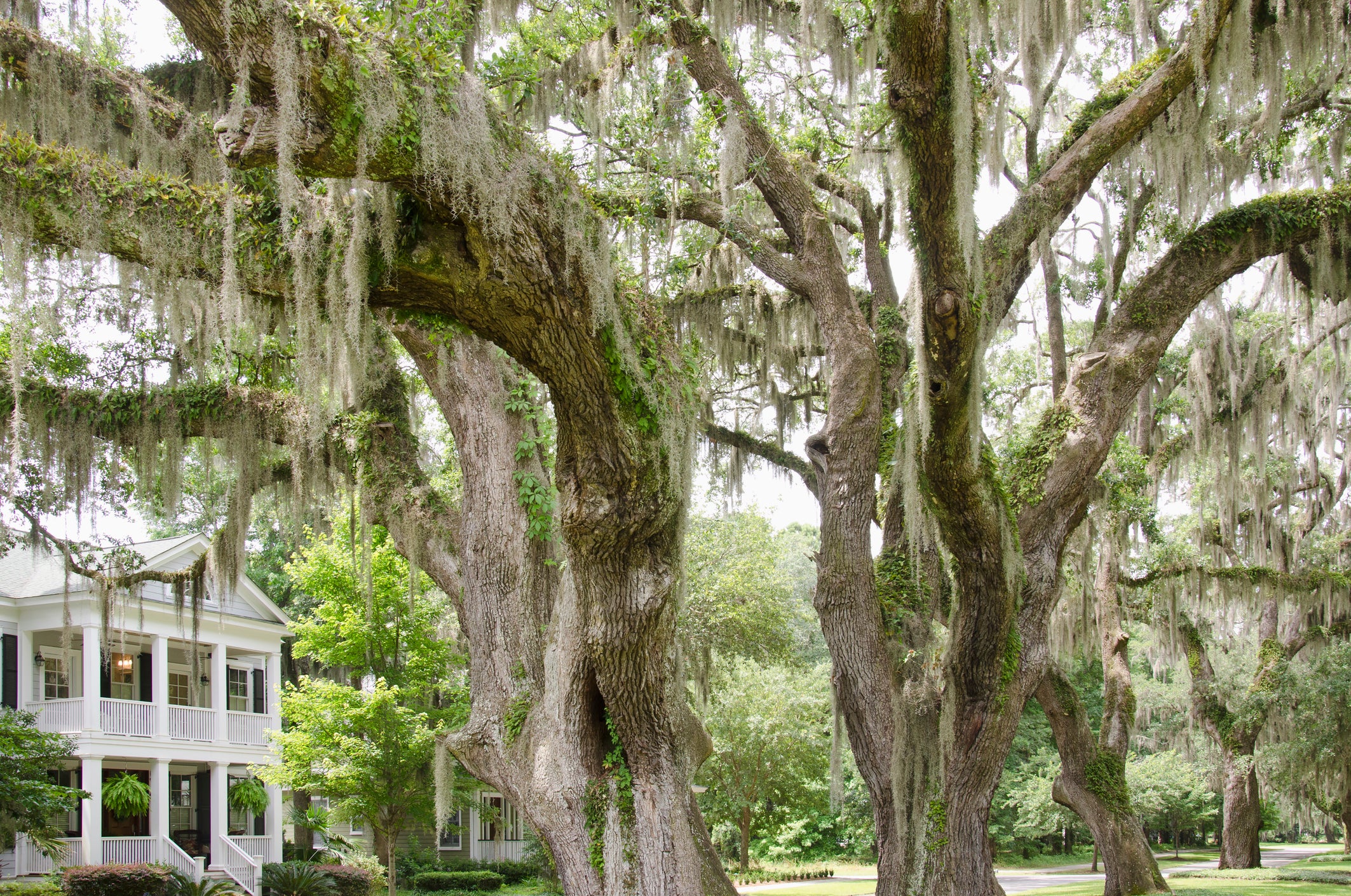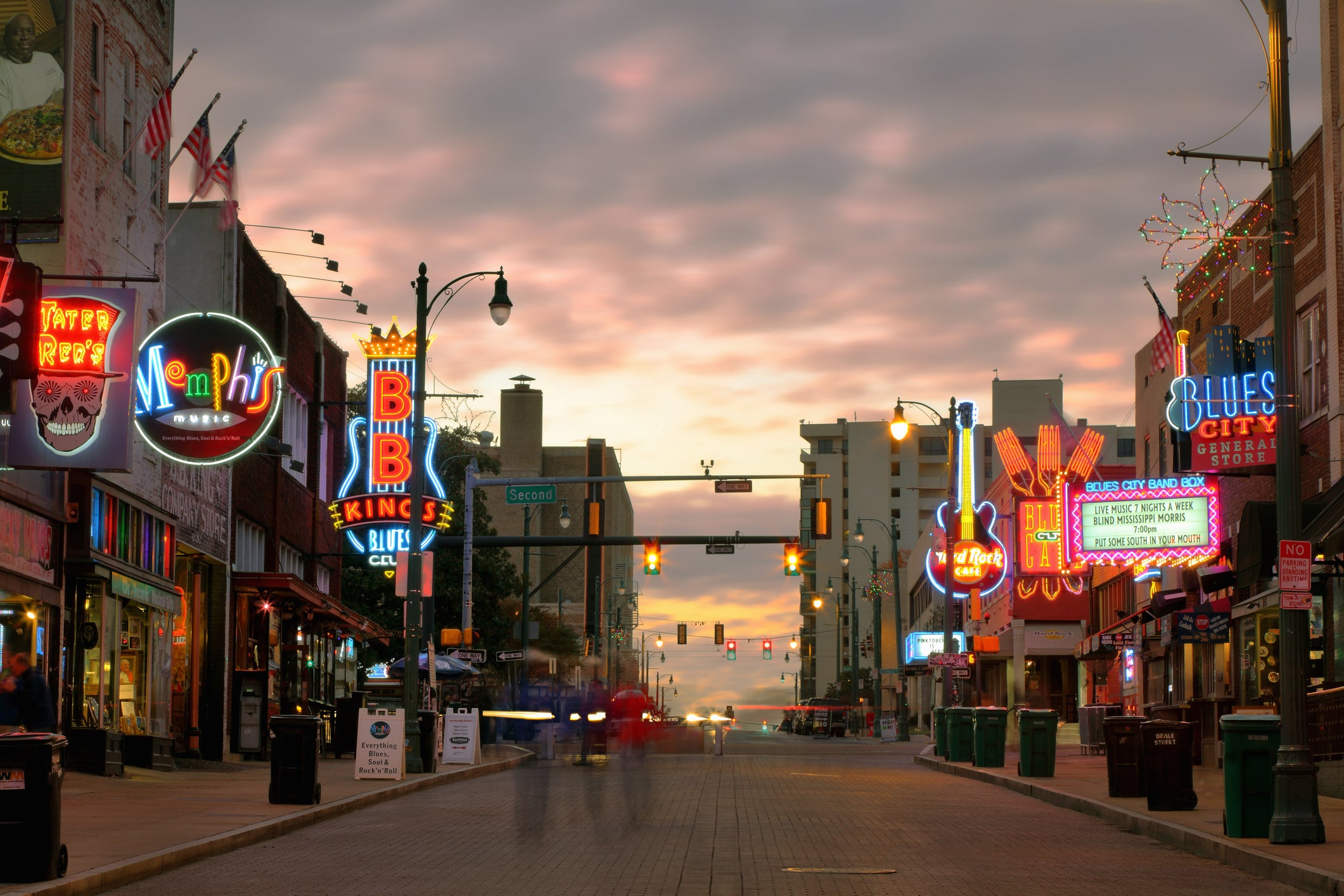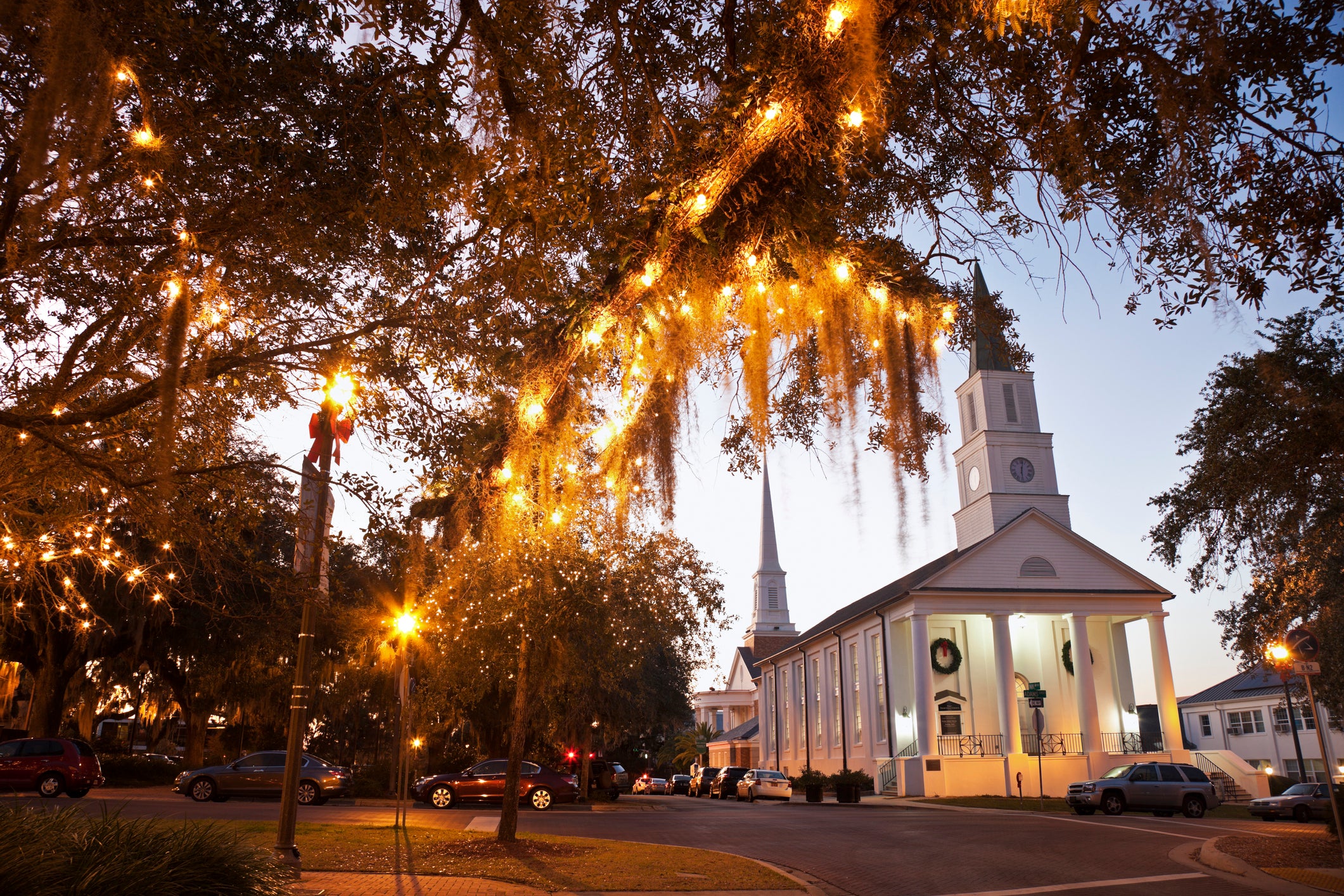February may be Black History Month, but our excellence should be and can be celebrated all year round. As you begin to plan the remainder of your trips for 2020, it’s natural to want to map out destinations where you can spend some fun in the sun on the beach, or even set sail by cruise, but you can also have amazing experiences at places where civil rights were won and African-American artists and advocates continue to influence our communities.
Accessible by car, plane, bus or train, here are few cities that offer historic monuments, institutions, museums and flourishing Black-owned businesses.
01
Charlotte, North Carolina
North Carolina’s largest city of Charlotte embodies the meeting of Old South and New. Not only is it a bustling city where Black millennials are beginning to relocate to settle and buy property, but it is also rich in our culture. When you visit here be sure to check out the Harvey B. Gantt Center for African-American Arts + Culture, which is home to the John and Vivian Hewitt Collection of African-American Art, featuring works by Romare Bearden, Jacob Lawrence, Elizabeth Catlett, and Henry Ossawa Tanner and Romare Bearden Park, which honors the Charlotte-born artist with a design inspired by his collages and paintings. If you’re on the hunt for some good food, the bustling uptown Charlotte is home to Mert’s Heart and Soul, a longstanding favorite whose guest list includes Guy Fieri and the “Diners, Drive-Ins and Dives” crew. A stop at Three Spirits Brewery makes an excellent choice before or after dinner, and lastly the family-owned Bellè Grille, has a Chicken-A-Liège that is built on Belgium’s most indulgent waffle.
02
Richmond, Virginia
Thankfully Richmond’s BLK RVA initiative, is making it easy to explore Black history all year round in this city. The newly created tourism campaign highlights and celebrates the Black cultural experience in the Richmond region, such as The Black History Museum & Cultural Center of Virginia, which celebrates the rich culture and moving histories of African American people in Virginia and their contributions to the United States; and The Maggie Walker House which explores the life and legacy of civil rights activist Maggie L. Walker. Richmond’s American Civil War Museum is also the first museum of its kind to explore the war through Union, Confederate and African-American perspectives. Reopened in May 2019 after a $13.5 million expansion in the renovated historic Tredegar Iron Works site. The new 29,000-square-foot institution aims to provide a wider range of Civil War history while offering new and innovative ways to display items. For example, the museum has implemented clear floors for visitors to walk over artifacts including bullets, buckles and shoes from the Civil War.
03
Bimini, Bahamas
We bet you never knew there was a deep rooted Black history on the islands of the Bahamas? The hidden gem, known as Bimini, is just 50 nautical miles from South Florida (a short 25-minute airplane ride or 90-minute ferry ride), and has endless authentic experiences including a rich history that pays homage to Black History and the African Diaspora. For example, even Martin Luther King, Jr. was a regular Bimini visitor in the 1960s. King was introduced to Bimini because it was where influential African American politician and civil rights reformer Adam Clayton Powell, Jr. had a home. It was here that King found the inspiration to write his legendary 1964 Nobel Prize Acceptance Speech and the inspiring 1968 “I’ve Been To The Mountaintop” address. There are still remnants of King’s legacy on Bimini, where visitors can pay a visit to the two busts of the civil rights leader on the island. One is located in front of the Straw Market in the center of Alice Town. The other you’ll find among the mangroves where King spent many Bimini days, writing and trying to catch a bonefish. Meanwhile, the Bimini Museum boasts an array of photographs and memorabilia from King’s visits to the island, providing valuable insight into this fascinating slice of African American history.
04
Washington D.C.
As the nation’s capital, Black history is an essential part of DC’s identity, which means that there are numerous ways to celebrate our culture year round. While many may be familiar with popular attractions such as the MLK monument, and the The National Museum of African American History and Culture, there are plenty of other historical sites to be explored on your visit. For example, The Mansion on O Street & O Street Museum served as Mrs. Rosa Parks home-away-from-home and is a designated historic site on the African American Heritage Trail, or the U.S. Capitol Visitor Center where Sojourner Truth’s bust is the first sculpture to honor an African American woman in the United States Capitol. If you’re looking for some great eats, you’ll probably find them on U St. NW, which is also what used to be known as Black Broadway due to the historic Lincoln and Howard Theatres.
05
Beaufort, South Carolina
As the second oldest city in South Carolina (founded in 1711), Beaufort is home to one of the most important eras of American history: The Reconstruction Era. In 2017, Beaufort was proclaimed the home of the Reconstruction Era National Monument by President Obama (in fact, it was one of his final acts in office)! The monument includes four major sites: Darrah Hall on the campus of Penn Center, Brick Baptist Church, Camp Saxton and the Emancipation Oak on the site of the current Naval Hospital Beaufort in Port Royal and a former Beaufort firehouse. Immerse yourself in more history by visiting the home of Robert Smalls, a former enslaved man who piloted a Confederate ship to freedom in Charleston and was later elected to serve in the U.S. House of Representatives, or by exploring one of the cities many Black owned restaurants which serve up delicious southern and creole classics.
06
Memphis, Tennessee
As a predominantly Black city rooted in a history of leading social justice, Memphis celebrates blackness in unique and creative ways year-long. From an outstanding ballet company on a mission to make the art more accessible to one of the only freestanding Black repertory theatres in America, Memphis has several organizations claiming space for black talent, that are a must visit. For example, The CLTV (Collective) is a non-profit that offers space and voice to Black visual and performing artists, while also tackling broader issues such as housing insecurity by providing artists a place to live and thrive, and Hattiloo Theatre is one of only four freestanding Black theatres in America. The organization continues to produce high-quality productions, often premiering new works by Black playwrights in the region. Having brought in more than $1 million dollars during weekly sales, each year Memphis’ Cynthia Daniels also designs Memphis Black Restaurant Week, an eclectic showcase from restaurants across the city, designed to promote economic diversity while celebrating the city’s best food fare.
TOPICS: black history

